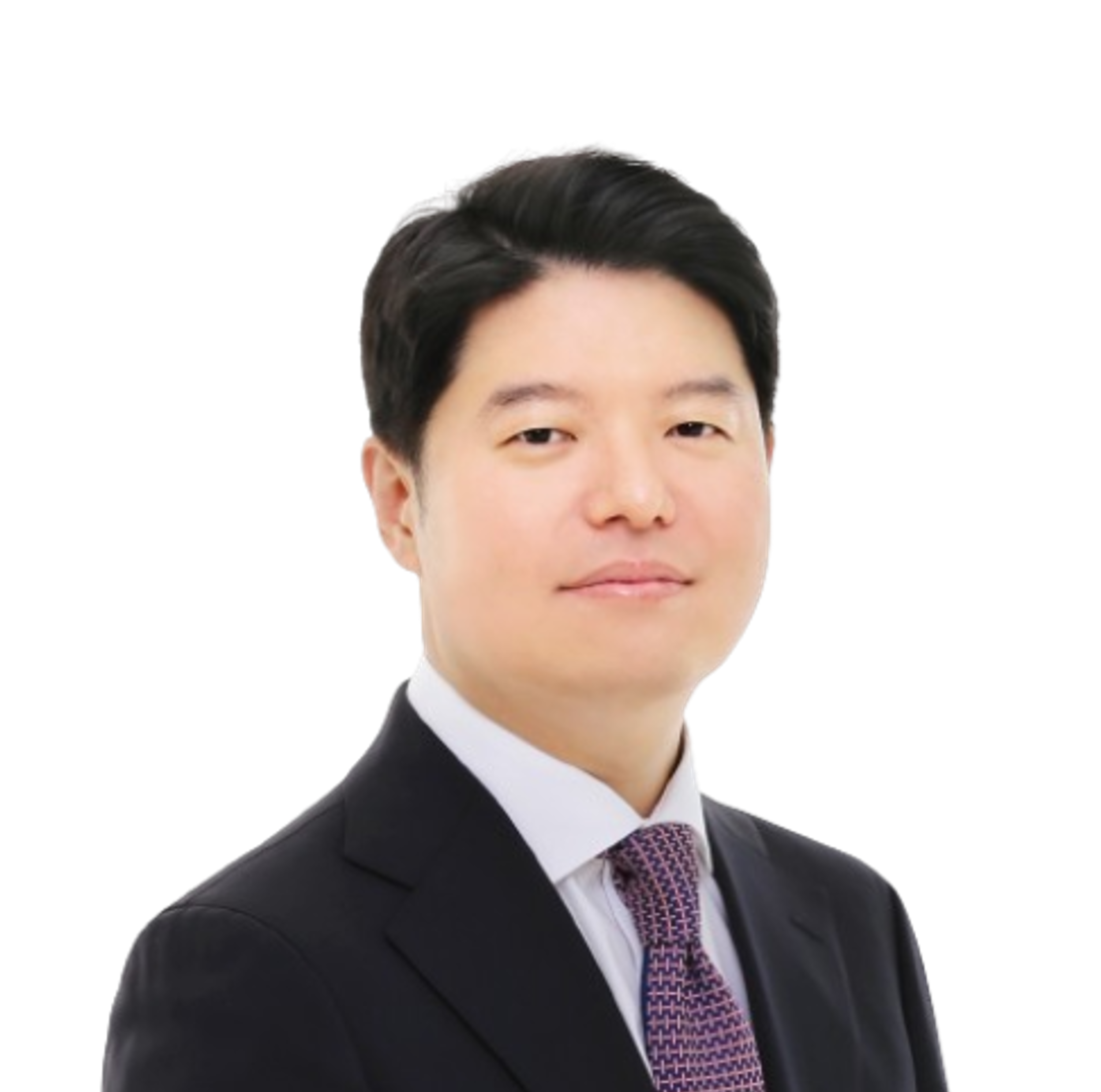Chairperson(s) : Minho Shong (KAIST, Republic of Korea), Jun Namkung (Yonsei University, Republic of Korea)
Panel(s) : KyeongJin Kim (Inha University, Republic of Korea), Hong-Yeoul Ryu (Kyungpook National University, Republic of Korea), Kae Won Cho (Soonchunhyang University, Republic of Korea)
-
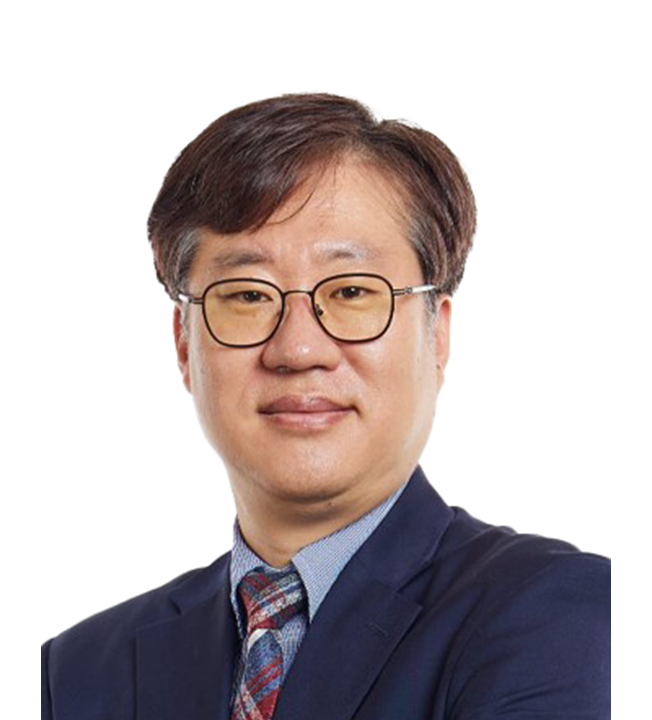
Regulatory mechanism by SREBP-1c in metabolic dysfunction-associated steatohepatitis
Seung-Soon Im Keimyung University, Republic of Korea 13:00~13:20 -
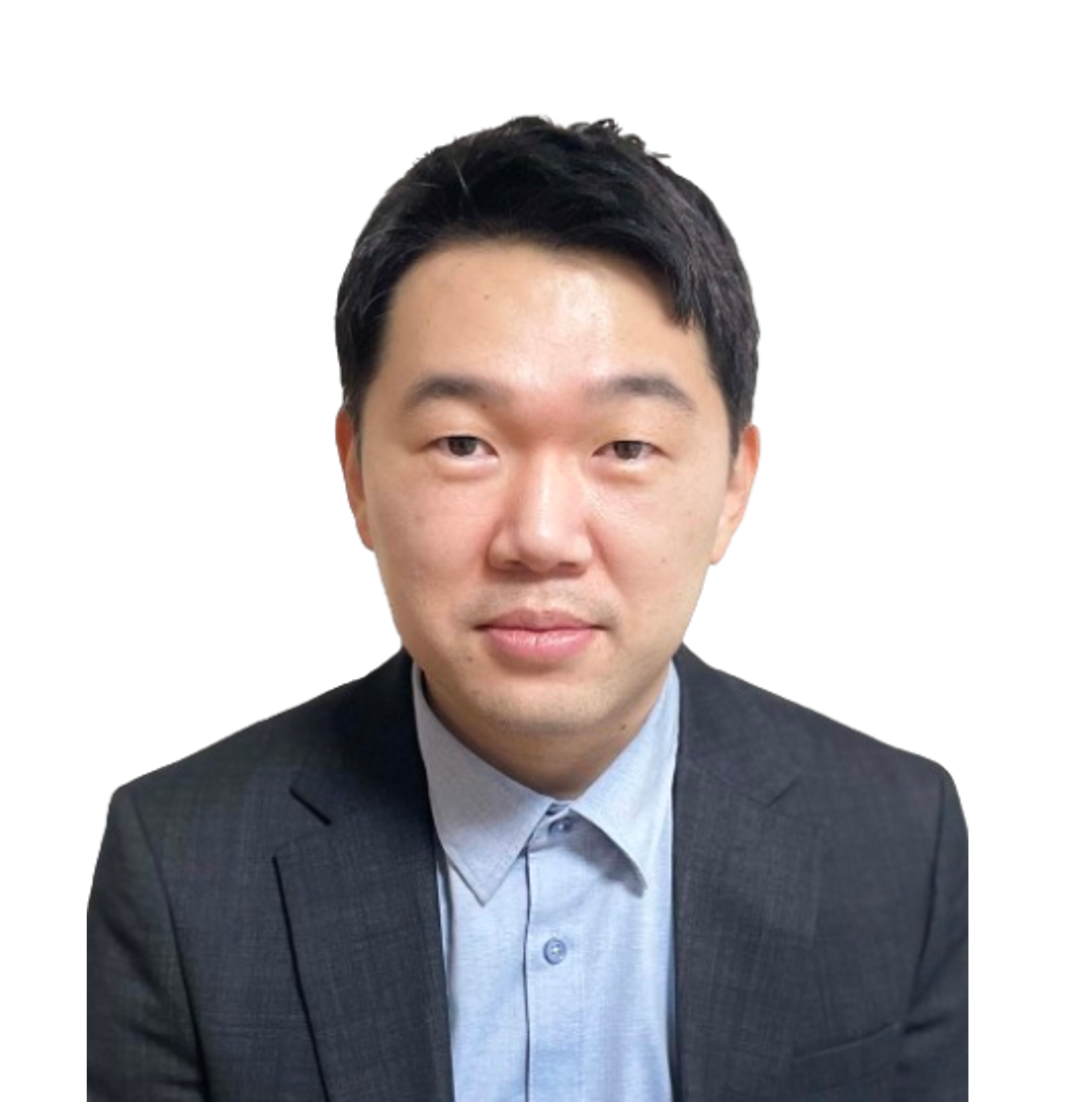
Long-term metabolic programming by perinatal hypothalamic-pituitary hormones
Jun Young Hong Yonsei University, Republic of Korea 13:20~13:40 -
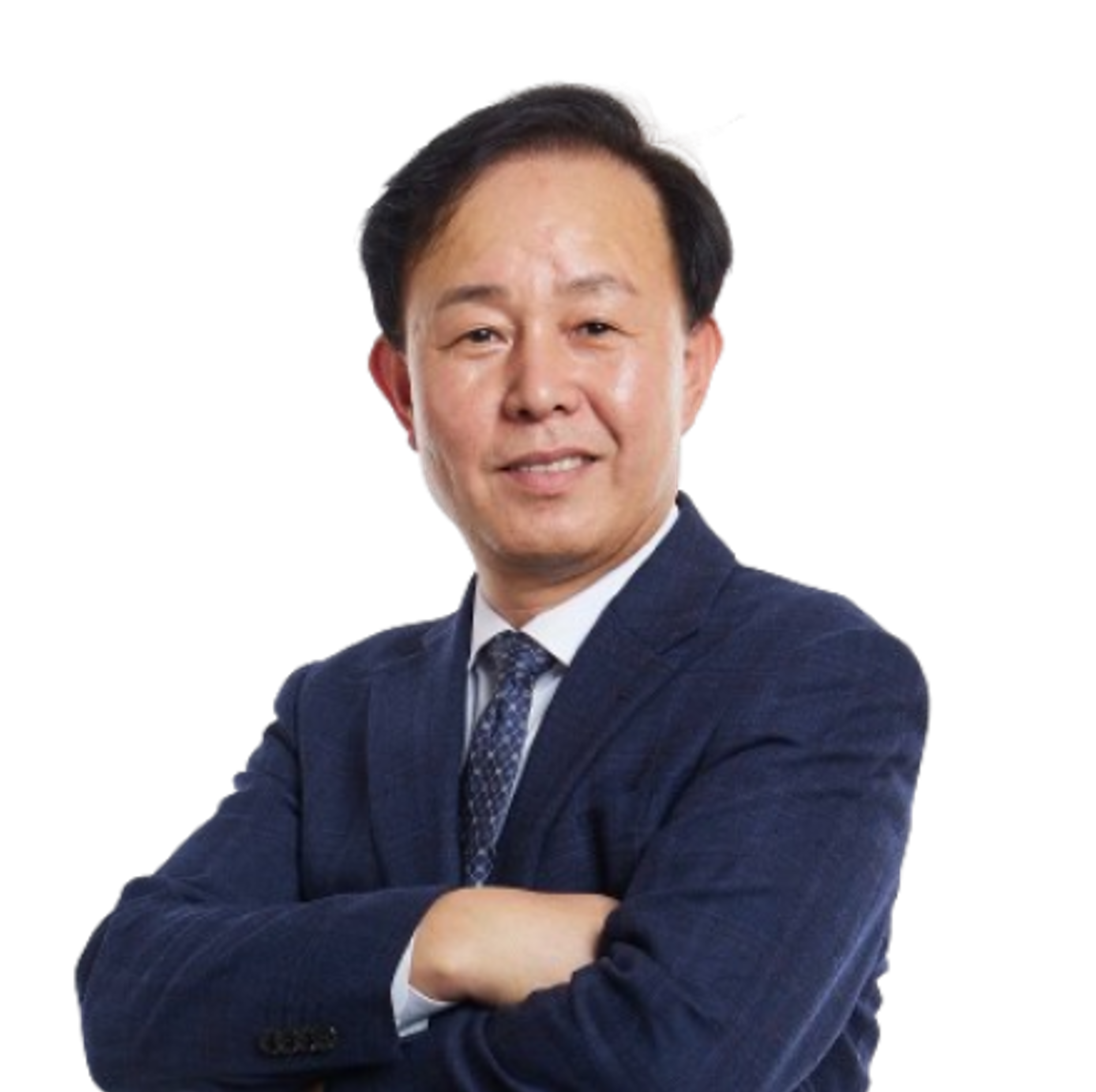
The novel roles of intracellular Ca2+ and Phosphoinositide coupling for metabolic signaling and diseases
Byung-Chul Oh Gachon University, Republic of Korea 13:40~14:00 - Panel Discussion 14:00~14:30
-
A 10-year prospective cohort study of blood lipid variability, cognitive decline, and dementia in 9846 community-dwelling older adults
Zhen Zhou Monash University, Australia 14:40~14:53 -
Low-density lipoprotein cholesterol estimation in youth: sampson equation superior in predicting mid-adult carotid plaque
Yaxing Meng Baker Heart and Diabetes Institute, Australia 14:53~15:06 -
The impact of myosteatosis on cardiac function in a healthy population: insights from abdominal CT imaging
Yun Kyung Cho Asan Medical Center, University of Ulsan College of Medicine, Republic of Korea 15:06~15:19 -
The impacts of diabetic retinopathy and chronic kidney disease on cardiovascular disease and all-cause mortality in patients with type 2 diabetes mellitus: findings from the UK Biobank cohort study
Yeon Soo Park Seoul National University College of Medicine, Republic of Korea 15:19~15:32 -
Cardiometabolic risk factors and lifestyle in Norwegian patients with a severe mental illness
Madeleine E Angelsen University of Oslo, Norway 15:32~15:45 -
Non-calcified plaque on coronary CT angiography (CCTA) in asymptomatic South Asian individuals with zero CAC: insights from the South Asians CCTA (SACTA) study
Ayeeshik Kole University of Texas Southwestern Medical Center, Dallas, Texas, United States 15:45~15:58
Chairperson(s) : Hyun Kang (Chung-Ang University, Republic of Korea), Nam Hoon Kim (Korea University, Republic of Korea)
-

The use of artificial intelligence tools for automating or semi-automating systematic reviews
Miyoung Choi NECA, Republic of Korea 16:20~16:45 -
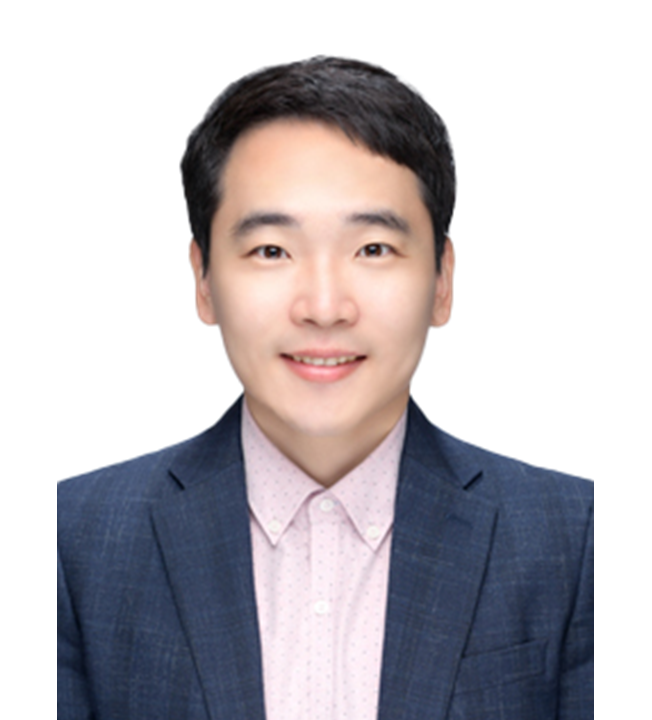
Use of generative AI for medical research
Seng Chan You Yonsei University, Republic of Korea 16:45~17:10 -

Writing a paper with the help of AI tools
Young-Kook Kim Chonnam National University, Republic of Korea 17:10~17:35 - Discussion 17:35~17:50
Chairperson(s) : Hyun Ho Shin (Asan Chungmu Hospital, Republic of Korea)
Panel(s) : Seon Mee Kang (Soonchunhyang University, Republic of Korea), Hyun-Jin Kim (Hanyang University, Republic of Korea)
Chairperson(s) : Hyojee Joung (Seoul National University, Republic of Korea), Eun Mi Kim (Kangbuk Samsung Hospital, Republic of Korea)
Panel(s) : Shin Ok Park (Noom Korea, Republic of Korea), Jean Kyung Paik (Eulji University, Republic of Korea), Youngmin Han (Yonsei University, Republic of Korea)
-

Advancing precision nutrition: addressing nutritional challenges for Koreans
Hyunjung Lim Kyung Hee University, Republic of Korea 08:30~08:50 -

Personalized artificial intelligence nutritional management platform
Saningun Lee Dr.diary, Republic of Korea 08:50~09:10 -

Development of AI-based care system of precision nutrition for health
Jiyoung Kim NUSEUM-LAB, Republic of Korea 09:10~09:30 - Panel Discussion 09:30~10:00
Chairperson(s) : Ick-Mo Chung (Ewha Womans University, Republic of Korea)
Chairperson(s) : Jaetaek Kim (Chung-Ang University, Republic of Korea)
Chairperson(s) : Hyo-Soo Kim (Seoul National University, Republic of Korea)
Panel(s) : Hoyoun Won (Chung-Ang University, Republic of Korea), Dong-Hwa Lee (Chungbuk National University, Republic of Korea)
Chairperson(s) : Sung Rae Kim (The Catholic University of Korea, Republic of Korea), Cheol-Young Park (Sungkyunkwan University, Republic of Korea)
Panel(s) : Yong-ho Lee (Yonsei University, Republic of Korea), Jae-Han Jeon (Kyungpook National University, Republic of Korea), Yun Kyung Cho (University Of Ulsan, Republic of Korea)
DetailMASLD, type 2 diabetes, and ASCVD are closely related and share etiology in part. MASLD and type 2 diabetes have a common underlying pathophysiology, insulin resistance, and both MASLD and type 2 diabetes are clear risk factors for ASCVD. In this session, we will have an in-depth discussion about how MASLD and type 2 diabetes are related (Professor Kyung-Soo Kim from CHA University), whether MASLD itself is an independent risk factor for ASCVD (Professor Brouwers from Maastricht University), and whether treatment of MASLD can reduce cardiovascular risk (Professor Jae Seung Lee from Yonsei University).
-

MASLD and type 2 diabetes: are they different disease entities?
Kyung-Soo Kim CHA University, Republic of Korea 13:00~13:20 -

MASLD and ASCVD: epidemiologic and genetic associations
Martijn Brouwers Maastricht University, Netherlands 13:20~13:40 -
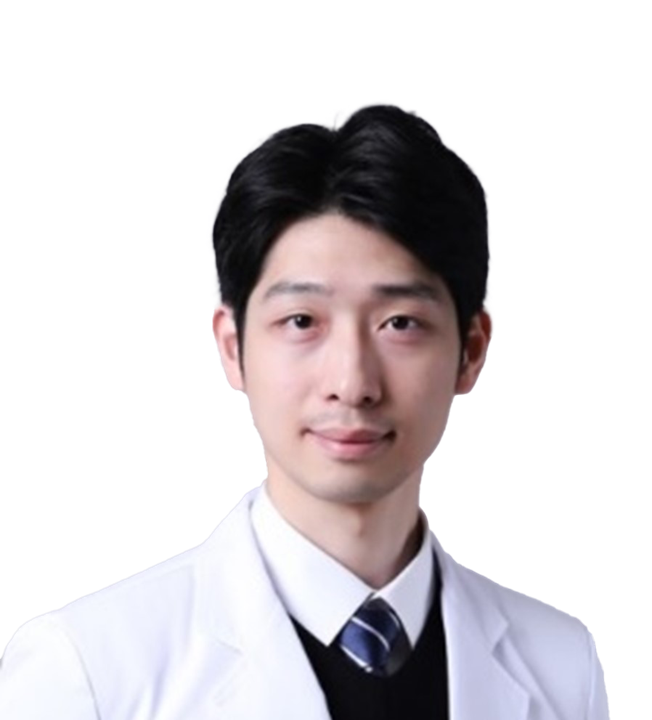
Does targeting MASLD reduce cardiovascular risk?
Jae Seung Lee Yonsei University, Republic of Korea 13:40~14:00 - Panel Discussion 14:00~14:30
Chairperson(s) : Ki Hoon Han (University Of Ulsan, Republic of Korea)
Chairperson(s) : Min-Jeong Shin (Korea University, Republic of Korea), Oh Yoen Kim (Dong-A University, Republic of Korea)
Panel(s) : Minjoo Kim (Hannam University, Republic of Korea), Kyong Park (Yeungnam University, Republic of Korea), Jeong-Hwa Choi (Keimyung University, Republic of Korea)
DetailThis session will present the latest research on dietary factors influencing cardiometabolic health. Professor Jung Eun Kim from the National University of Singapore will discuss the impact of consuming foods rich in carotenoids on promoting healthy dietary patterns and cardiovascular protection. Following this, Professor Bohkyung Kim from Pusan National University will introduce the latest findings from experiments on dietary interventions to improve cardiometabolic health, providing insights into current perspectives. Lastly, Professor Qi Sun from Harvard University will comprehensively illuminate the effects of plant-based diets on cardiometabolic health and engage in profound discussions on related topics. This session will explore the significant role of dietary choices in cardiovascular health through diverse research outcomes, offering valuable research insights to participants.
-
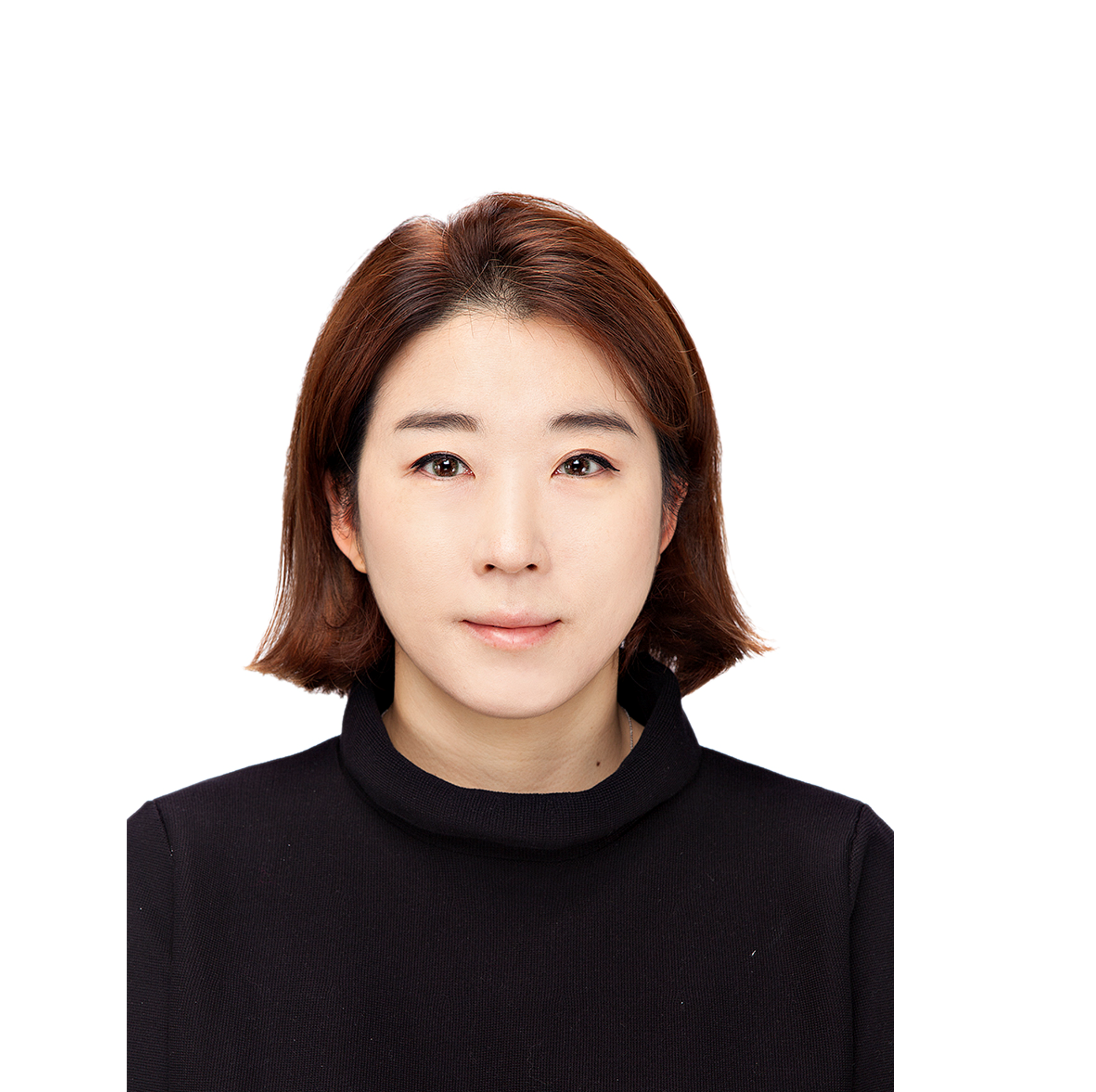
Cardiovascular protective effects of a healthy dietary pattern with carotenoids rich food consumption
Jung Eun Kim National University of Singapore, Singapore 16:50~17:10 -

Insights into dietary polyphenols in disorders of lipid metabolism
Bohkyung Kim Pusan National University, Republic of Korea 17:10~17:30 -

Plant-based diets and human cardiometabolic health
Qi Sun Harvard Medical School, USA 17:30~17:50 - Panel Discussion 17:50~18:20
Chairperson(s) : Ung Kim (Yeungnam University, Republic of Korea)
Panel(s) : Joon Ho Moon (Seoul National University, Republic of Korea), Jung-Joon Cha (Korea University, Republic of Korea)
Chairperson(s) : Hye Young Kim (Yong In University, Republic of Korea), Jeongseon Kim (National Cancer Center, Republic of Korea)
Panel(s) : Yuri Kim (Ewha Womans University, Republic of Korea), Jun Hwan Cho (Chung-Ang University, Republic of Korea)
-
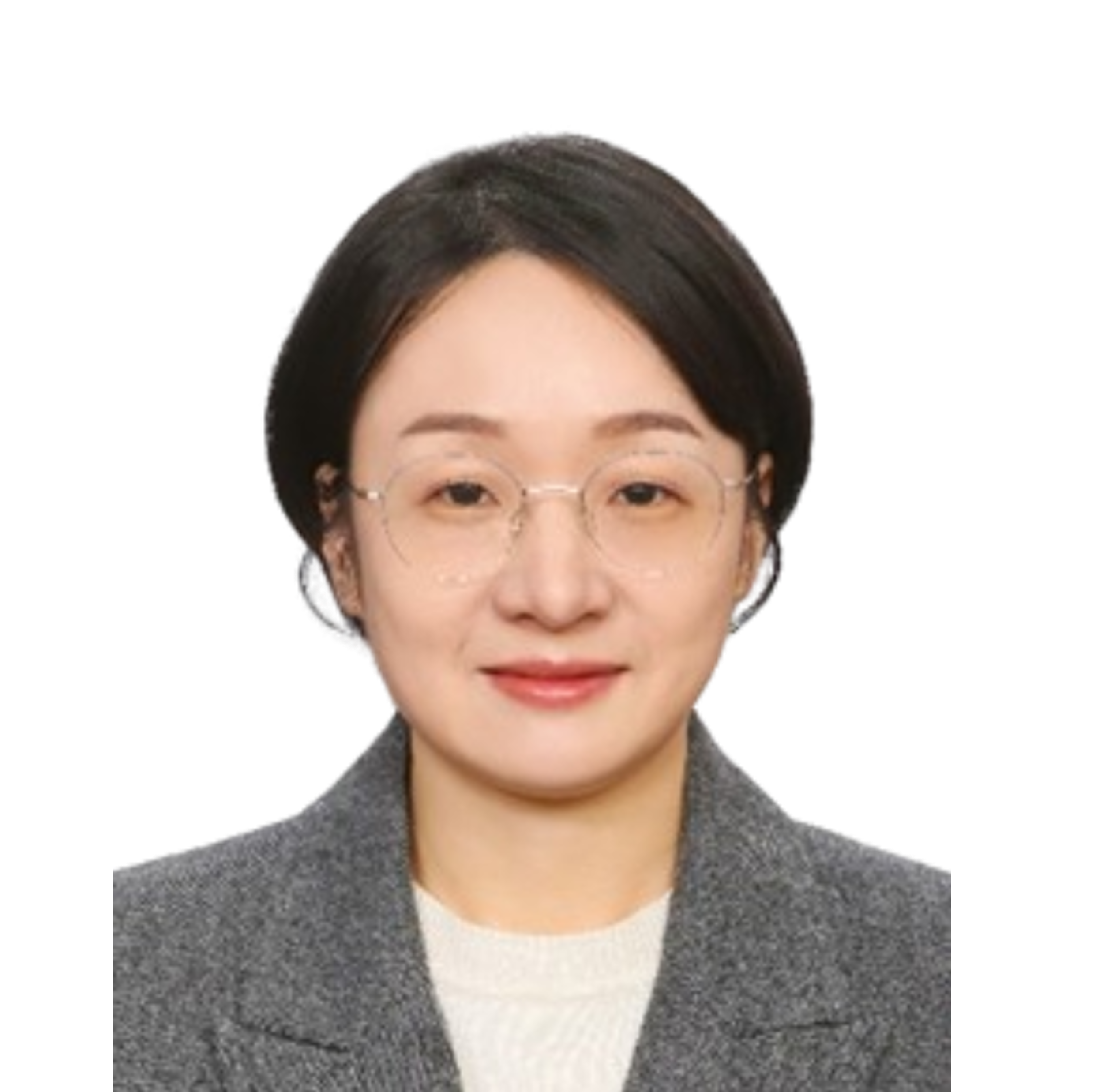
Associations of dietary lipid intake with cardiovascular disease in Koreans based on nutritional epidemiology studies
Jung Hyun Kwak Inje University, Republic of Korea 08:50~09:10 -

Fat intake and atherosclerotic cardiovascular diseases
Youngwoo Jang Gachon University, Republic of Korea 09:10~09:30 -

Dietary advanced glycation end products and vascular function
Yoona Kim Gyeongsang National University, Republic of Korea 09:30~09:50 - Panel Discussion 09:50~10:20
Chairperson(s) : Jin Han (Inje University, Republic of Korea)
Chairperson(s) : Hak Chul Jang (Seoul National University, Republic of Korea)
Panel(s) : Dong Oh Kang (Korea University, Republic of Korea), Ye Seul Yang (Seoul National University, Republic of Korea)
Chairperson(s) : Jeongseon Kim (National Cancer Center, Republic of Korea)
Chairperson(s) : Goo Taeg Oh (Ewha Womans University, Republic of Korea), Jae-Hoon Choi (Hanyang University, Republic of Korea)
DetailAtherosclerosis is a well-known inflammatory cardiovascular disease involving various immune cells. This session aims to discuss the latest research on the role of innate immune cells, which are crucial in the progression of atherosclerosis. Professor Andreas Zirlik from Medical University of Graz will present the latest insights on innate immune markers related to cardiovascular diseases. Professor Yeonseok Chung from Seoul National University will share his recent findings on the lipid metabolism related inflammatory mechanisms of dendritic cells, one of the key innate immune cells. Professor Christoph J. Binder from Medical University of Vienna will discuss the role of extracellular vesicles in the pathogenesis of atherothrombosis, and finally, Professor Andrew Murphy from the Baker Heart and Diabetes Institute will present the latest insights on hematopoiesis-related pathogenesis in atherosclerosis.
-

Refined cardiovascular risk prediction with immune-cell biomarkers
Andreas Zirlik Medical University of Graz, Austria 15:40~16:00 -

Control of airway inflammation by lipid metabolism in dendritic cells
Yeonseok Chung Seoul National University, Republic of Korea 16:00~16:20 -

Macrophage metabolism in foam cell formation
Andrew Murphy Baker Heart and Diabetes Institute, Australia 16:20~16:40 -
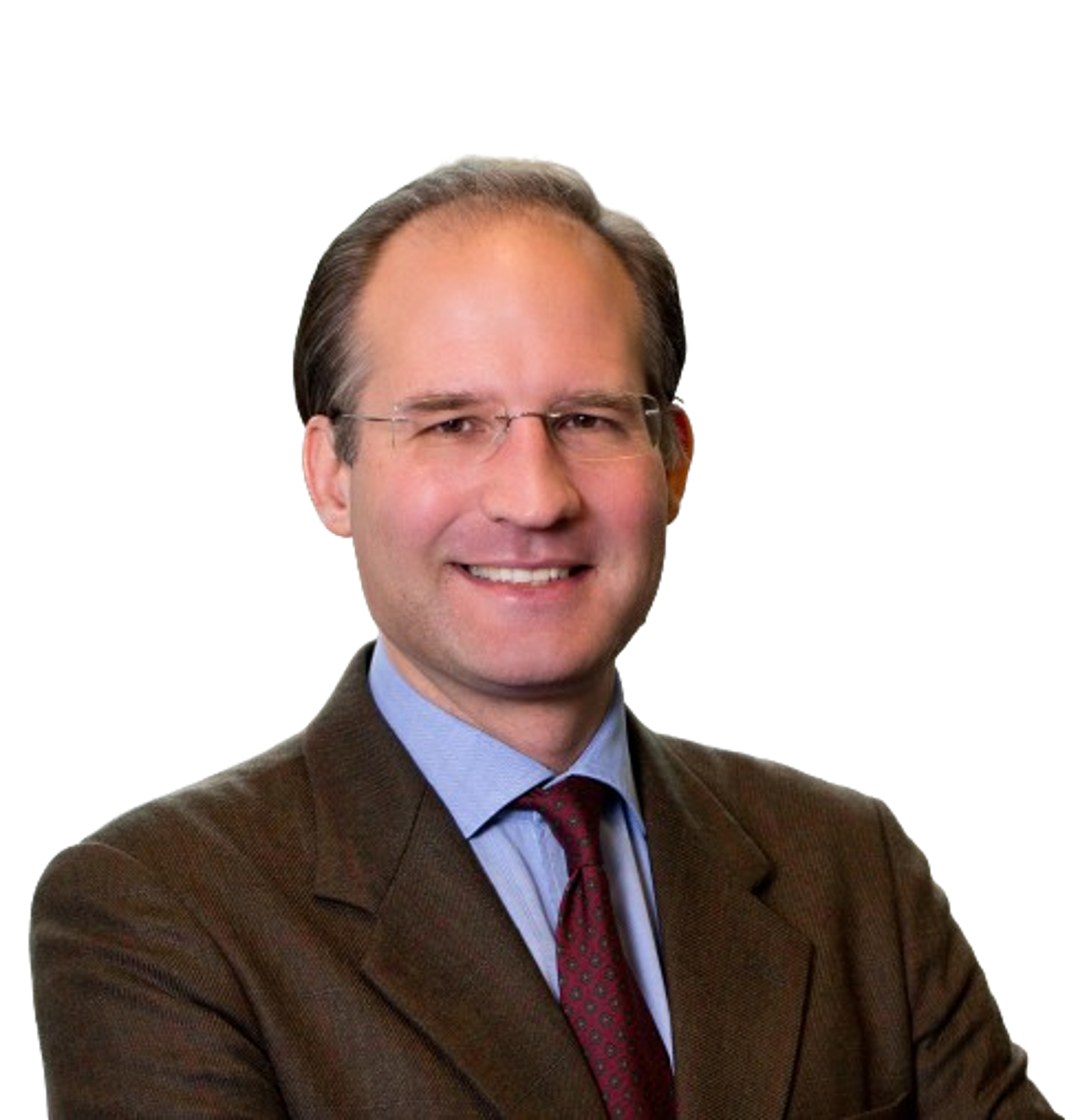
Extracellular vesicles as mediators of innate immunity in atherothrombosis
Christoph J. Binder Medical University of Vienna, Austria 16:40~17:00




